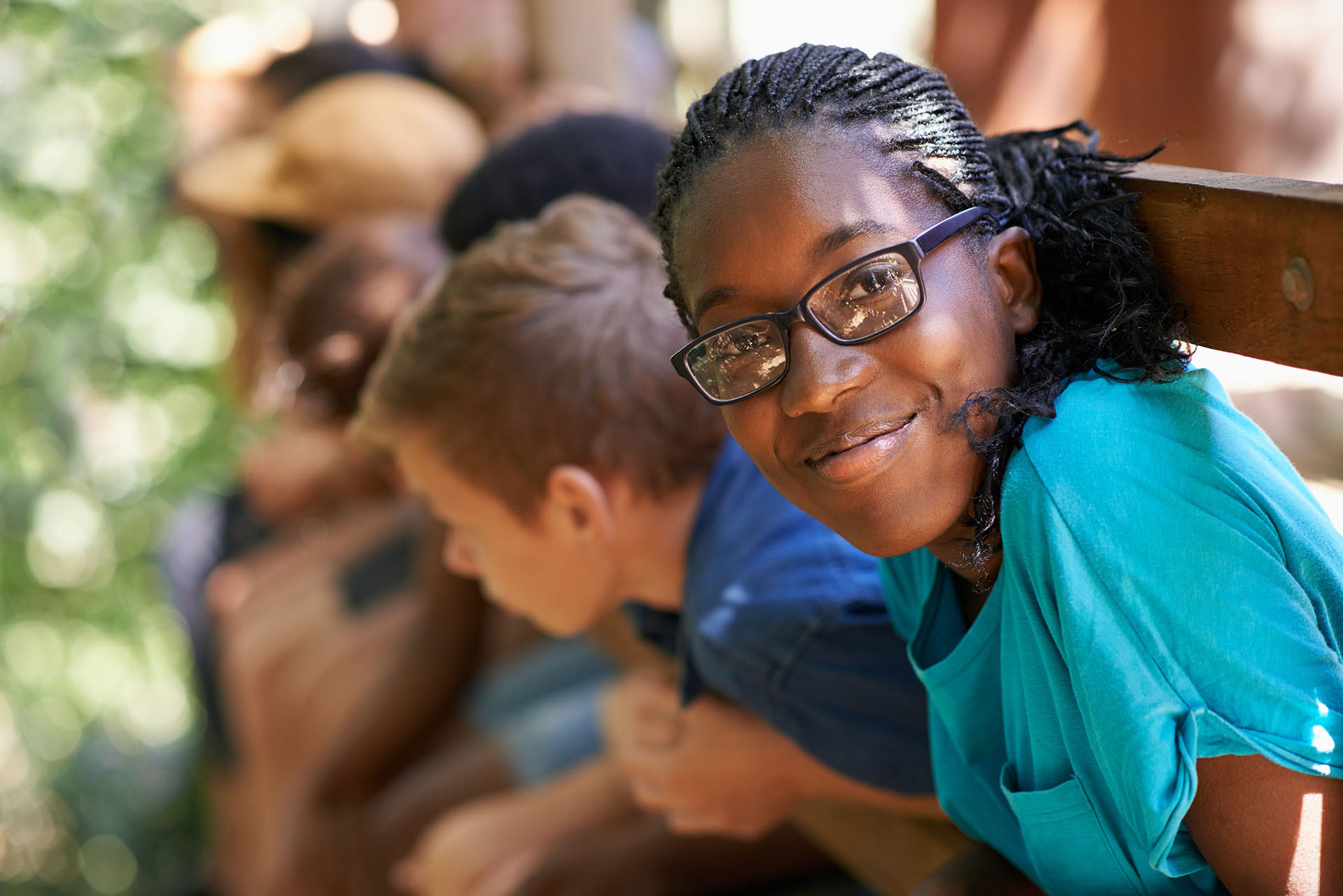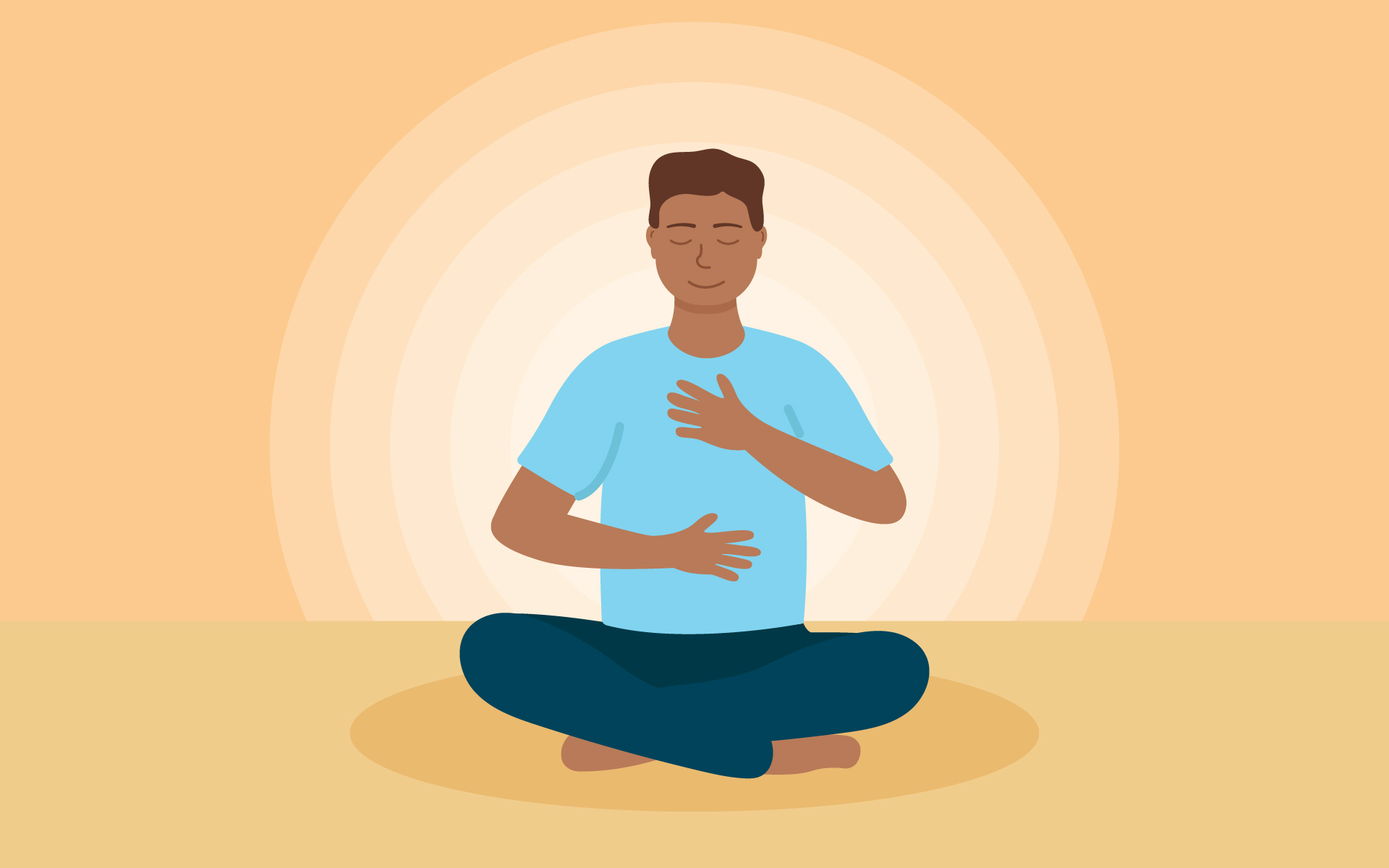Imagine you’re driving to work one morning. The sun is shining, the roads are clear of traffic, and you feel a hopeful sense that today will be a good day. Suddenly, you see a dark shape out of the corner of your eye, and you feel a jolt of impact. Another driver has run a stop sign and slammed into your passenger side door. After determining that you are (thankfully) still alive, your first thought might be, Of all the luck.
But what kind of luck is it? Good luck that you are unharmed and alive to tell the tale, or bad luck that your vehicle is now destined for the junkyard?
Science tells us that whether you label an experience good luck or bad luck has a lot to do with your personality. Dr. Barbara Blatchley, professor of Psychology and Neuroscience at Agnes Scott College in Decatur, Georgia, and author of the book What Are the Chances? Why We Believe in Luck, says that Western psychology once considered a belief in luck to mean that a person lacked self-efficacy and was incapable of making change. Despite this traditional view, behaviors that are driven by a belief in luck are still commonplace in our society—crossing our fingers, knocking on wood, or holding onto a lucky object are all things people do, but may not care to admit.
As science has evolved, so too has our understanding of what drives our belief in luck and our behavior. “Some more recent research has come out, showing that people who believe themselves to be unlucky have diminished executive function…and are not as happy or adjusted,” says Blatchley. “They see themselves as lacking control and may be less capable of dealing with whatever comes along.”
In a survey of university students living in Hong Kong, researchers showed that happier participants were less likely to see luck as an external force that held influence over their lives, and more likely to consider themselves to be personally lucky. Participants with a more neurotic personality believed in a fate-driven luck that could strike at any moment (like getting hit by a car), versus luck as something that inherently benefits us (like surviving a car crash).
The Logic of Luck
Blatchley says that humans have evolved to detect patterns in our environment because patterns make life predictable. “When you can predict what’s going to happen next, the world is a less dangerous and uncertain place,” she says. This means that we really dislike attributing anything to randomness and will search high and low for a cause. When situations feel out of our control—like in the example of the car crash—we fall back on luck to explain them.
“When you can predict what’s going to happen next, the world is a less dangerous and uncertain place.”
Dr. Barbara Blatchley, professor of psychology and neuroscience
“Our minds do this labeling and categorizing because the brain is wired for us to survive,” says Steven Hick, a mindfulness teacher and the director of MBSR Ottawa. “Without that ability to know that’s dangerous or that’s friendly, we would die.” Hick says that while our ability to label is crucial for our survival, it doesn’t represent the truth of our existence. Labeling often creates a dualistic view of our world (good versus bad, or lucky versus unlucky), but in mindfulness practice, we come to recognize that everything is interconnected and interdependent. Our lived reality is much more nuanced than we’d like to believe.
Hick points out that all cultures have their version of luck. “It seems to be a human trait to attribute circumstances to some kind of chance, fate, or fortune,” he says. Many belief systems support the notion of fate, like many Christian sects that believe all humans are born sinners, or Eastern spiritual traditions that view bad behavior from a past life as having consequences in our current life.
How Labels Limit Us
A belief in luck appears to soothe our discomfort with randomness but can also make us fearful of doing anything that might incite bad luck. Living our life based on the principle of fate-driven luck means that we’ll experience frustration when things don’t go as planned, or negative events will confirm what we’ve always believed: that nothing good ever comes our way.
Hick suggests mindfulness strategies to help address our predisposition to believe in good or bad luck. The first step is to identify objects in our awareness—perhaps these are internal body sensations and emotions, or events in our external world. Some people find it helpful to use generic labels for things that grab our attention, such as “thought,” “sound,” or “sensation.”
Once we notice these objects, the next step is to allow them to pass away without engaging with them or rejecting them. For example, a thought may arise about the car crash, which could lead to further rumination about why this unfortunate event happened or what we could have done to prevent it. To notice this rumination, without getting caught up in it, is “a practice of disengaging from our identification with our experience,” says Hick. In the mindfulness community, this is called “choiceless awareness,” in that we choose not to sustain our attention on the objects we are noticing.
Hick says that even the most advanced meditator will still categorize and label experiences. However, when we are skilled in choiceless awareness, we can learn to relate to our experiences differently, and we can more clearly see which thoughts are worthy of our attention.
Can You Make Your Own Luck?
While our belief in luck might contribute to our need to categorize and label our thoughts and experiences as either “good” or “bad,” what would happen if we let go of these labels? Would there be any room for the concept of “luck” at all? There could be, but it might look a little different.
“Being able to increase or widen the scope of your attention [has] a tremendous benefit,” says Blatchley. “If you widen your attention… your brain is better able to predict what’s going to happen next, you may be better prepared, and maybe all of that is being ‘lucky’.”
One of our brain’s jobs, other than to categorize experiences, is to accurately predict the future—or at least several seconds into the future. This helps us to quickly assess a situation and allow our bodies to prepare a response. In her book, Blatchley uses the example of a parent and child playing a game of catch. Neuroscience has proven that our brain must respond milliseconds before our child throws the ball back to us, so that we can predict the trajectory of the ball and prepare our body to catch it.
What happens when our prediction is inaccurate, and we lunge to the left when our child throws the ball to the right? Our brain works to correct itself for the next time, and our child’s brain also recalibrates as it learns the skill of throwing a ball toward someone.
When we’re mindfully tuned in to our lives, we gain perspective on where our agency really comes from—not from fate-driven luck, but from the quality of our awareness and what we choose to attend to.
However, it can become exhausting if our brain is wrong a lot of the time. “If you’re making predictions and those predictions are not what come to pass, you start to doubt yourself and whether or not you have control,” says Blatchley. The illusion of control we get from predicting our experiences might help our brains respond to the world around us. When we’re mindfully tuned in to our lives, we gain perspective on where our agency really comes from—not from fate-driven luck, but from the quality of our awareness and what we choose to attend to.
Improving the clarity and scope of your attention through mindfulness might train your brain to be better skilled in predicting the future, but it could also make you better at seeing whatever is coming your way. A deepened awareness of your emotions and actions in the present moment would, just maybe, have allowed you to see that car a split second before it ran the stop sign, just in time to hit the brakes and avoid a collision. As luck would have it, your brain may be the one holding all the cards.
A Mindfulness Practice to Awaken the Spirit of Curiosity
Part of “getting lucky” is how we interpret whatever experiences come our way. Fortune might indeed smile upon you, if you let yourself relax and open up to seeing how the story unfolds.
- Identify a situation where you would like to invite a greater feeling of good luck coming your way.
- Start by taking three big breaths. Count as you breathe in for three, out for five, to help yourself relax.
- Be curious about whatever comes—even if, at first, it doesn’t seem “lucky.”
- As a way to broaden your view, engage the thought, Let me know more about this.
- Take some time to contemplate, or write about, the following: What do I currently believe about this
experience? Have I already pigeon-holed it as either lucky or unlucky? What evidence am I using to prove that what’s happening is either lucky or unlucky? - Notice if you’ve related this experience to something from the past. If so, see if you can welcome a fresh view and take the attitude, I don’t know how this will work out—it’s still in play. Let yourself be curious and open to what’s happening now.
- Notice how your mood affects whether you are feeling lucky or not.
- Based on everything you noticed, what labels of “lucky” or “unlucky” could fit with what you’ve discovered about the slings and arrows of outrageous fortune?
read more
Why Do We Feel Awe?
According to Dacher Keltner, there are important evolutionary reasons: It’s good for our minds, bodies, and social connections.
Read More
The Ties That Bind: Overcoming Loneliness and Building Social Connections in a Disconnected World
Loneliness and social isolation are taking a toll on our well-being, but we have the power to combat them. Discover the science-backed strategies to create meaningful connections and thrive in an increasingly disconnected society.
Read More
How Self-Compassion Can Improve Teen Mental Health
Research has demonstrated that cultivating self-compassion—learning how to be kind and supportive to oneself—can act as a shield for teenagers against the negative impacts of social media, trauma, depression, and various other challenges. While self-compassion is not a magical solution, it can help alleviate some of the difficulties that adolescents encounter on a daily basis.
Read More










